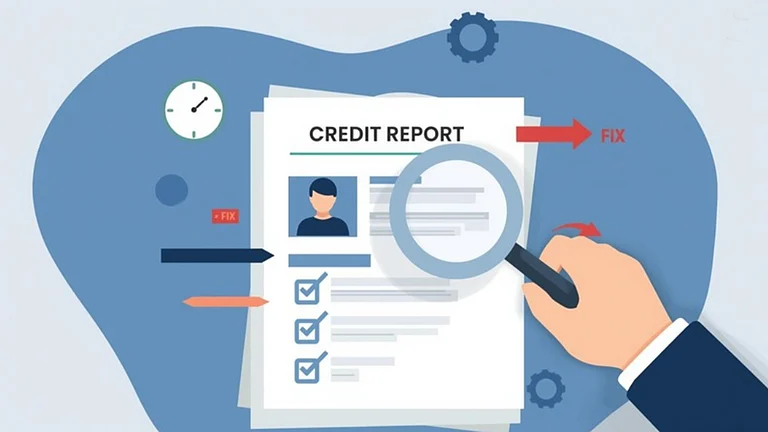Your credit card can do more than just make a payment.
Knowing how they work can make a big difference.
Every card has its own rewards structure, knowing how you cam make use of it smartly.
Understanding Reward Points And How To Use Them
Reward points are a loyalty currency from banks, designed to give you more value every time you use your credit card
By Akshay Aedula, Product and Growth, CRED
Every swipe of your credit card can do more than just make a payment; it can earn you something back. From shopping and travel to paying utility bills, many cards can turn everyday spending into reward points that can be redeemed for vouchers, discounts, flights, or even cashback.
But not all reward programs are the same. Knowing how they work and using them smartly can make a big difference.
Akshay Aedula from CRED answers a few common questions to help you understand, maximise, and manage your credit card reward points effectively.
What are reward points, and how do I earn them?
Reward points are a loyalty currency from banks, designed to give you more value every time you use your credit card. You earn them with every purchase or bill payment, and many cards offer bonus points for specific categories like travel, groceries, or online shopping.
Over time, these points add up and can be redeemed for a range of rewards- vouchers, merchandise, discounts, flights, or even cashback. Since every card has its own rewards structure, it pays to check the details before applying. Choose a card that fits your lifestyle, so every swipe brings back more value.
Do my reward points expire?
Yes, most reward points do expire, typically within 12 to 36 months from when they're earned- but the exact validity varies by bank and card type. While some premium cards offer lifetime validity, regular ones often don't.
To get the most out of your rewards, track your milestones regularly; keep an eye on expiry dates and plan redemptions ahead of time. Once points expire, they're gone for good and that's value you don't want to lose.
What is the best way to maximise the value of my reward points?
Getting the most out of your reward points starts with picking the right card, one that matches how you spend and what you value most, whether it's travel, dining, or shopping. Some cards even offer accelerated rewards for specific categories or partner merchants, so knowing where your card earns extra can make a real difference.
Use your card for your regular expenses, like groceries, bills, or other online purchases, to let the points build naturally over time. If you use a RuPay credit card, you can even earn rewards on UPI transactions.
But earning points is just the first step. How you manage your card matters just as much. Paying your bills in full and on time ensures that interest charges don't undo the value of your rewards.
When it comes to redeeming, be strategic. Points often stretch further when used for travel or exclusive experiences instead of basic cashback. Keep an eye out for bonus point offers or limited-time deals; small moves like these can make your rewards go a lot further.
Are reward points taxable?
In most cases, reward points earned from personal credit card use in India aren't taxable. They're considered a discount or rebate on your spending, not income.
However, if the total value of goods or services you redeem using those points crosses Rs 50,000, the amount beyond that limit may be taxed as income under "other sources."
For business or corporate cards, the rules are a bit different. If points earned through business expenses are later used for personal purchases, that value could be treated as taxable income. To stay on the safe side, use business rewards strictly for business purposes, keep a record of redemptions, and check with a tax advisor before using rewards from high-value or mixed-use spends.
(Disclaimer: Views expressed are the author's own, and Outlook Money does not necessarily subscribe to them. Outlook Money shall not be responsible for any damage caused to any person/organisation directly or indirectly.)

